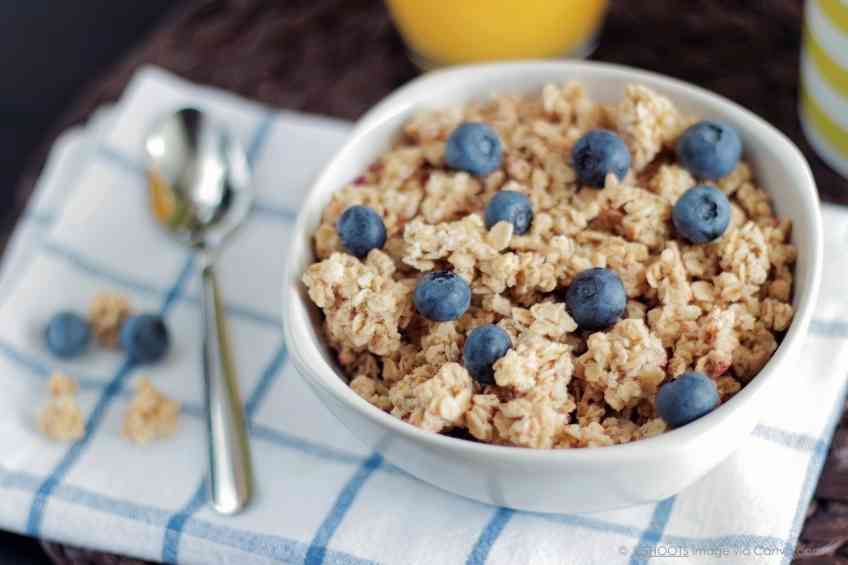By Edward J. Thomas –
It is hard to argue against fiber. High-fiber diets can fight infections and offer more than a dozen other health benefits, according to a host of physicians and health-centric organizations. It is found mainly in fruits, vegetables, whole grains, and legumes, a type of beans.
“Fiber may be best known for its ability to prevent or relieve constipation, the Mayo Clinic explained. “But foods with fiber can have other good effects as well. They can help you stay at a healthy weight and lower the risk of diabetes, heart disease and some types of cancer.”
University of Cambridge researchers have now offered up another reason. Adequate fiber consumption can specifically support a healthy gut microbiome, which can boost the body’s protection against serious and even deadly infections
A high-fiber diet specifically builds a protective gut bacteria called Faecalibacterium, which seems to protect individuals against infections from Klebsiella pneumoniae, Shigella and E.coli bacteria, the university team reports.
“Our results suggest that what we eat is potentially very important in controlling the likelihood of infection with a range of bacteria, including E.coli and Klebsiella pneumoniae because this changes our gut environment to make it more hostile to invaders,” said Dr. Alexandre Almeida, the paper’s senior author.
The report’s conclusions were developed by analyzing the gut microbiome composition of more than 12,000 people across 45 countries from their stool samples. They found that a microbiome ‘signature’ can predict whether a person’s gut is likely to be colonized by deadly bacteria. The research also identified 135 gut microbe species that are commonly found in the absence of the Enterobacteriaceae bacteria, likely protecting against infection.
The link to a high-fiber diet was established when researchers noted the prevalence of Faecalibacterium in healthy gut microbiomes. These protective bacteria produce beneficial compounds called short-chain fatty acids by breaking down fiber.
Ultimately, the results suggest that eating more fiber will support the growth of good bacteria, while also crowding out the harmful ones, significantly reducing the risk of illness.
The team went on to stress that taking probiotics doesn’t directly change the gut environment, making it less likely to battle back against bacteria-related infections.
“By eating fiber in foods like vegetables, beans and whole grains, we can provide the raw material for our gut bacteria to produce short-chain fatty acids—compounds that can protect us from these pathogenic bugs,” Almeida noted.










